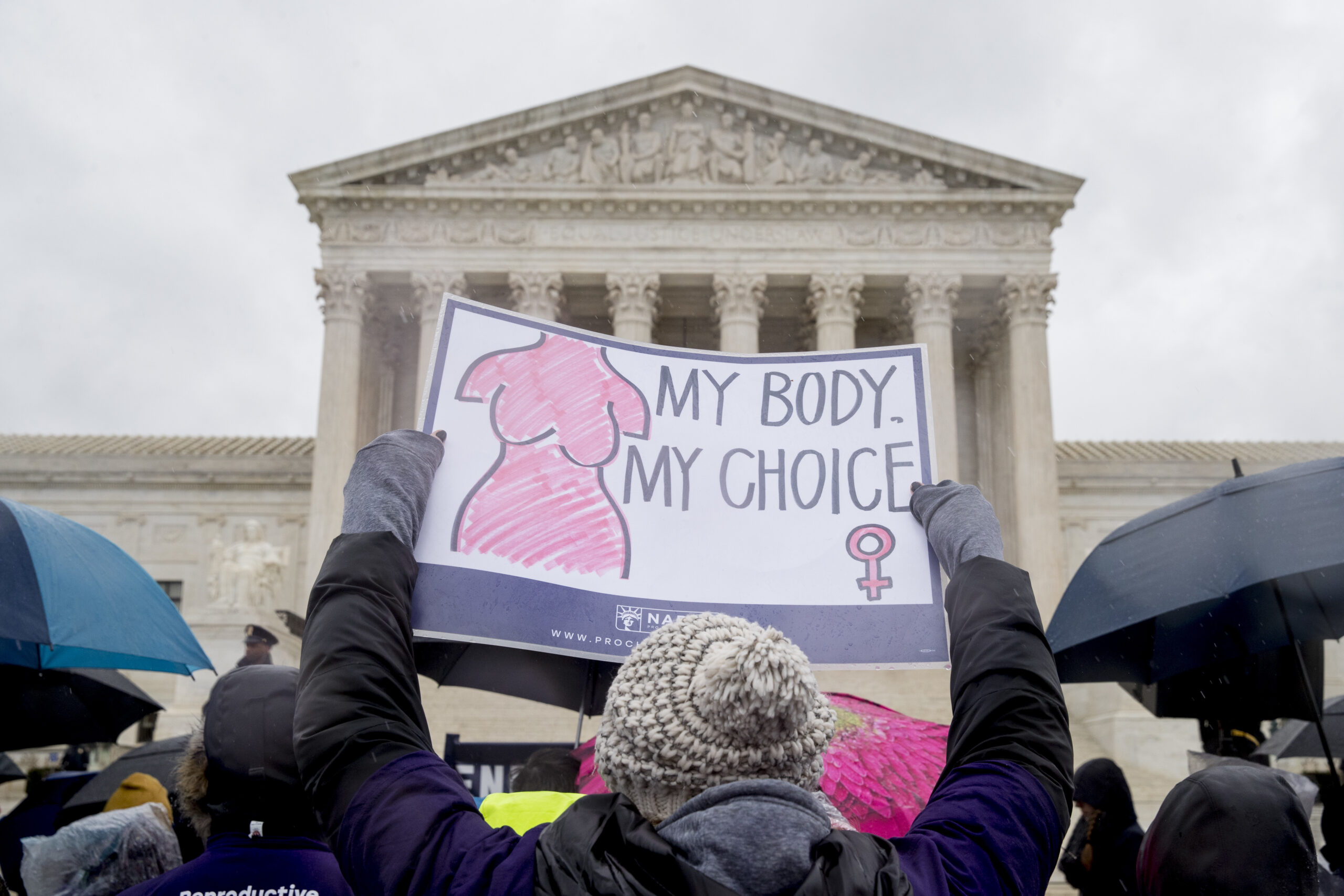A legal fight over Georgia’s restrictive anti-abortion law is coming.
Groups were threatening to sue the state over the measure, which bans most abortions as early as six weeks into a pregnancy, even before Governor Brian Kemp signed it into law in early May.
Now those organizations, like the ACLU of Georgia, are preparing their lawsuits. The group first threatened legal action against the measure when it made it through the state legislature.
“If Gov. Kemp signs this abortion ban bill into law, the ACLU has one message: we will see you in court,” ACLU Executive Director Andrea Young said in a statement at the time.
In the weeks since, the organization has repeated its intention to sue, and members say a lawsuit should come soon.
Representatives for Planned Parenthood Southeast, which operates clinics in Georgia, Alabama, and Mississippi, have also said they could be involved in legal action, likely with the ACLU of Georgia.
Still, lawsuits have not been filed. In part, because the new abortion law won’t take effect until Jan. 1, 2020. Another factor? The part of the law that gives personhood status to embryos and fetuses.
>RELATED: “A Look At Georgia’s New ‘Heartbeat Bill’ And What Happens Next”
ACLU of Georgia Legal Director Sean Young said that means the measure could have many secondary effects.
“We cannot necessarily go to the court right away, because we need to take the time to assess these collateral impacts,” he said. “We also think that a court would appreciate lawyers taking the time to do that homework before rushing into court.”
Young wouldn’t share specific details of the lawsuit his organization plans to file, but said he feels Georgia’s abortion measure is unconstitutional. The law does conflict with the abortion protections established in Roe v. Wade.
Young says that basic disagreement has led some federal judges to strike down laws like Georgia’s. But he also acknowledges that passing such laws is the very way to challenge what’s constitutional.
“[Supporters of the law] have a view of the constitution, and the courts are there to test their views. We think the precedent is on our side that this law deprives women of their autonomy and freedom to make their own healthcare decisions and we intent to argue that vigorously in court,” he said.
Meanwhile, Georgia officials are preparing to defend the law in court, a responsibility that would fall to the office of Attorney General Chris Carr.
“At the Department of Law, it is our constitutional duty to defend the laws of the State of Georgia,” a spokesperson said in a statement. “H.B. 481 was passed by Georgia’s duly elected General Assembly and signed into law by the Governor, and our office will defend this law.”









